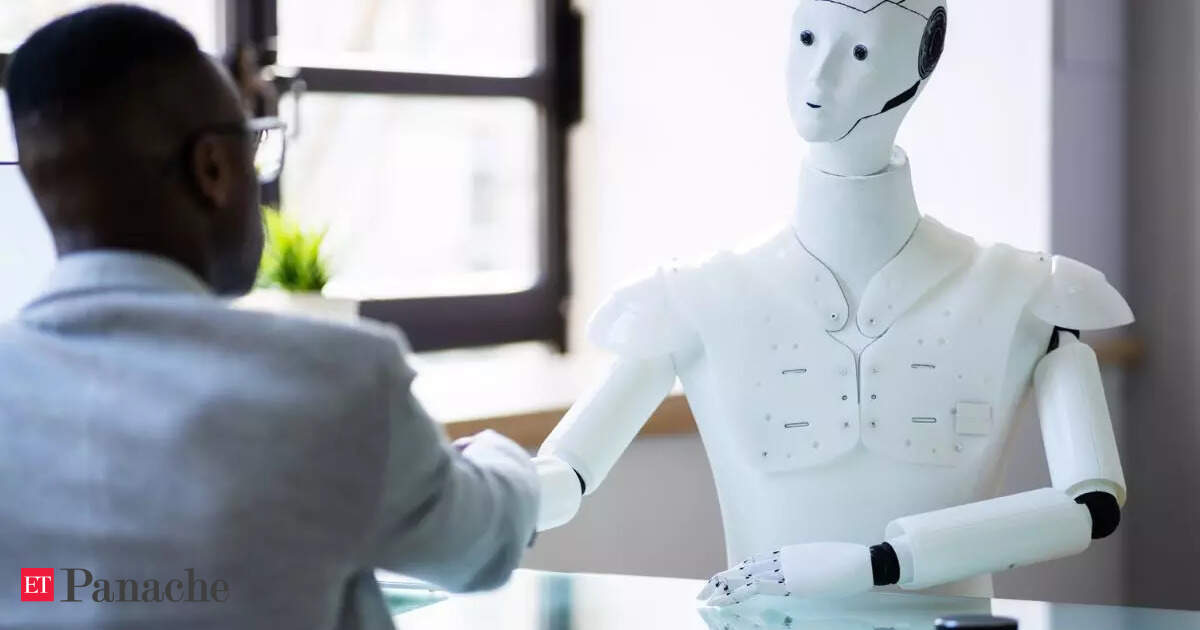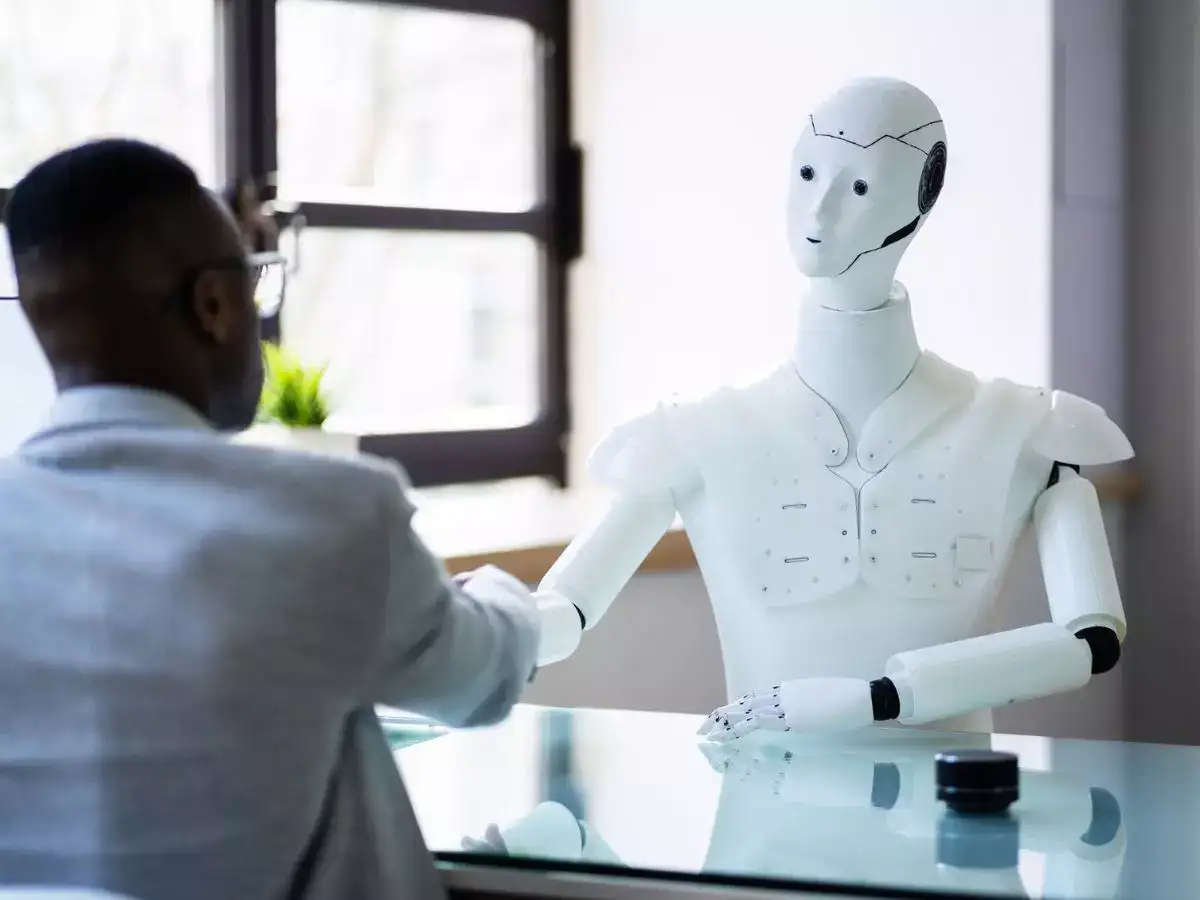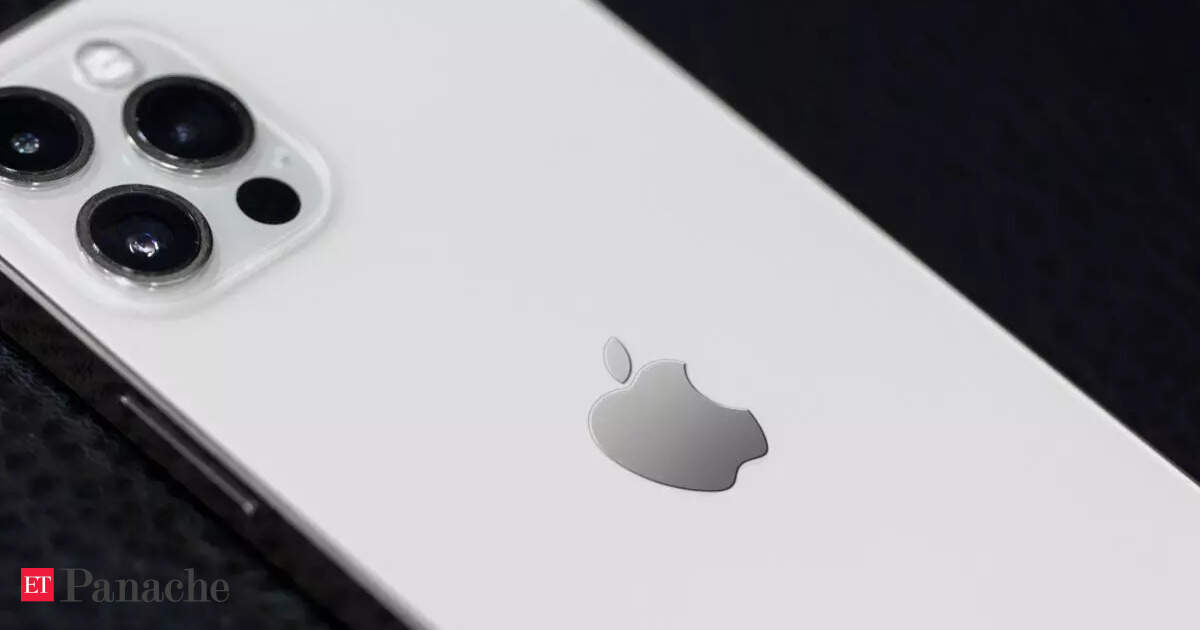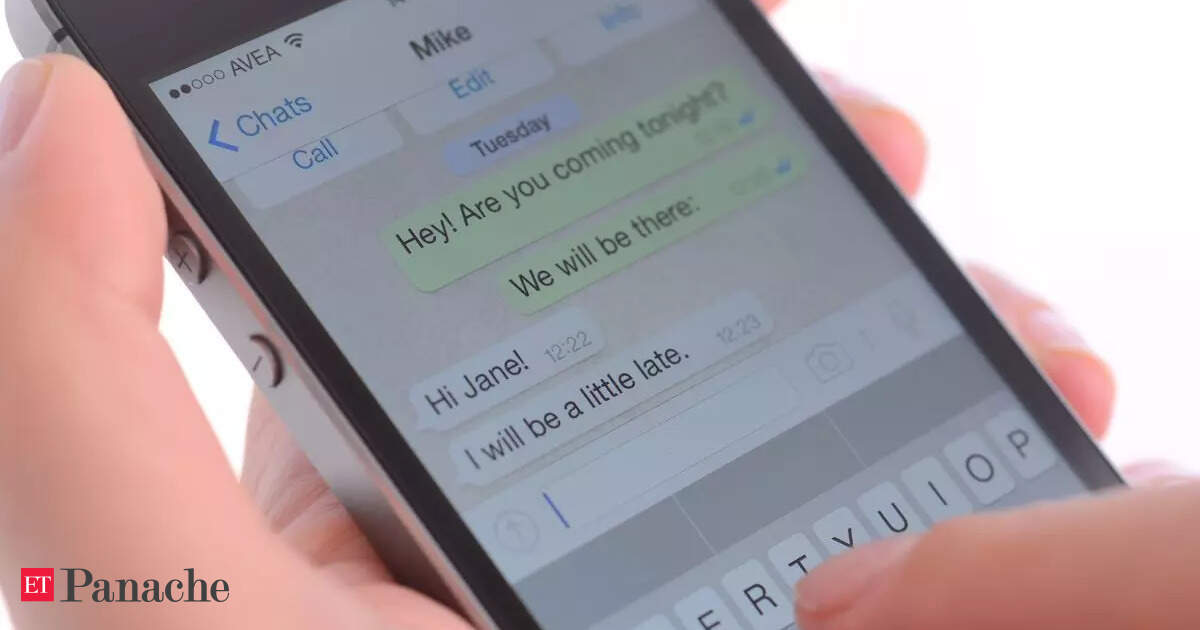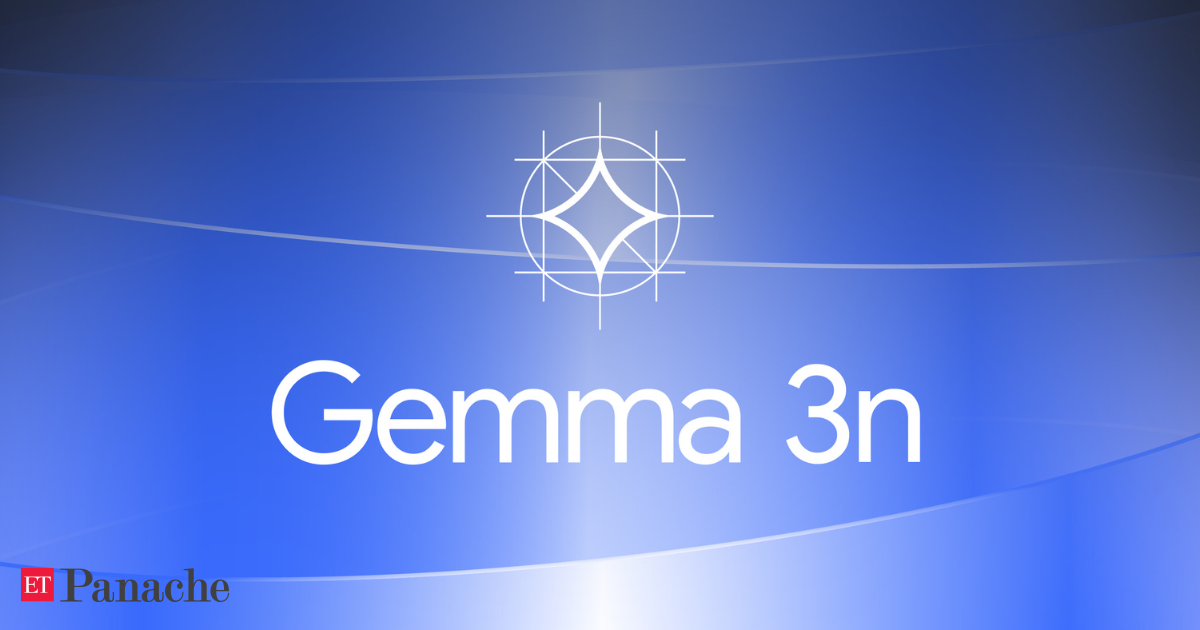Whether it’s a phone call from “Recruiter Robin” or a video prompt from “Angel,” AI is now firmly embedded in the hiring pipeline. The shift might feel jarring—after all, interviews have always been an intensely human interaction—but experts and staffing firms say it’s becoming the new norm. And it’s here to stay.
When Your First Interviewer Isn’t Human
As highlighted in The Washington Post report, jobseekers like those applying through LinkedIn or staffing agencies are increasingly being routed through conversational bots. These AI recruiters are capable of conducting interviews around the clock, reviewing responses, and passing transcripts or video clips along to human decision-makers.
The trend is driven in part by the rise in job applications. LinkedIn has reported a 30% jump in applications over the last two years, a surge partly fueled by AI-generated résumés and auto-filled applications. With some roles attracting hundreds of applicants within hours, companies are turning to AI to help manage the initial flood.
But it’s not just about speed. According to Nichol Bradford of the Society for Human Resource Management (SHRM), AI interviewing is quickly becoming a default. “We’re going to move from assuming it’s human and being surprised by AI, to assuming it’s AI,” she said.
How AI Interviews Actually Work
The process typically begins with a notification informing candidates that they may be contacted by a virtual recruiter. The AI then follows up via email, text, or call to conduct an interview that might last from a few minutes to nearly 20. The AI may ask job-specific questions or pose scenarios that require detailed responses. Some of these bots, like “Raya” from the firm Akraya, are even capable of assessing emotional cues and monitoring eye movements to detect distractions. Others simply collect answers and relay them to human recruiters for evaluation. The AI may cut off long answers, prompt clarification if it doesn’t understand a response, or—perhaps most frustratingly—hang up mid-sentence and call back. While some candidates find the lack of empathy unsettling, others appreciate the efficiency. One professional interviewed by The Post said she became more mindful of her speech after seeing a live transcript during the call. Another, though skeptical at first, admitted the AI’s technical fluency forced her to articulate her ideas more clearly.
A Double-Edged Sword?
Not all experiences have been smooth. Complaints range from bots misinterpreting answers to providing no real information about the role or the employer. Some candidates worry about the accuracy of AI-generated summaries being passed on to human reviewers, especially for high-stakes or technical roles.
Yet companies argue that AI can reduce recruiter fatigue and even improve the quality of the shortlist. For instance, PSG Global Solutions says their virtual recruiter “Anna” never tires, ensuring every applicant gets a fair screening. Akraya’s CEO Amar Panchal believes that for some jobs, “you’re interviewing with an expert, so talk like one.”
Still, for many, there’s a desire to speak with a human. Experts suggest candidates verify the legitimacy of virtual recruiters and request human interviews when possible. But readiness is key. As Jackie Watrous, an HR tech analyst at Gartner, puts it: “Be ready to demonstrate your skills—but also your authenticity.”
A Future Where Interviews Are Hybrid?
The takeaway is clear: AI interviews aren’t replacing humans entirely, but they are becoming a significant first step in the hiring journey. They’re faster, available 24/7, and less prone to bias—but they’re also less forgiving and, at times, less intuitive.
The challenge now lies in adapting—both technically and emotionally. Because the real question isn’t just Are you qualified for the job? It’s also Are you ready for an AI to find out?
